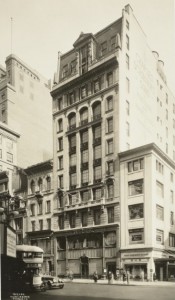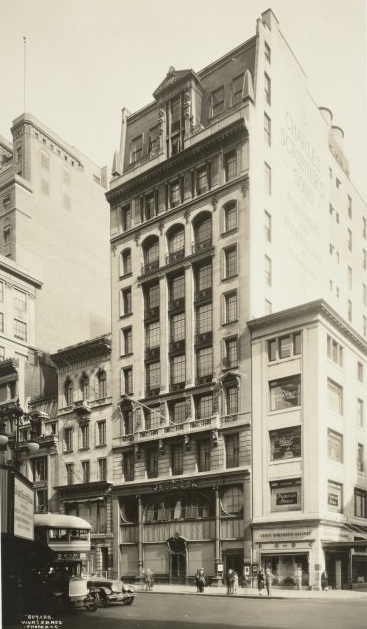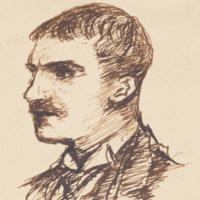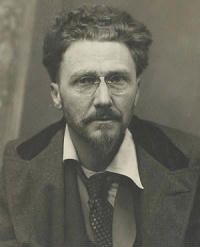 To Charles Scribner’s Sons
To Charles Scribner’s Sons
Messrs Charles Scribner’s Sons New York.
60 Brattle Street
Cambridge, Massachusetts. May 25, 1904
Gentlemen:
I am sending you a first installment of my magnum opus “The Life of Reason”. There are four more Books, which will follow in a few weeks if you are favourably disposed towards the idea of publishing them. I send this part ahead, as I am anxious to have all arrangements for publication made before I leave this country, as I am to be away for fifteen months.
This book is not like my former ones, a mere incidental performance. It practically represents all I have to say of any consequence, so that I feel a special interest in having it done in a way that shall express its own character and suggest the spirit in which I would have it read. My ideas may seem to you wrong, and of course I shall not insist on them if they prove to be really unreasonable; but if objections to them rest only on financial considerations, I should be inclined to run the risk and insure you against loss in any way that seems to you suitable, provided the liability is not beyond my means.
What I desire is chiefly this: that the five books be bound separately, making five small volumes, so that they may be easily held and carried about, and may also, at least eventually, be sold separately as well as in sets. The remaining parts are on Society, Religion, Art, and Science respectively, and might well be independent books. A system runs through them all, but there is no formal continuity; or only such as might well exist between three plays in a trilogy. The page might well be like that in the “Sense of Beauty” (better than in the Interpretations) or even smaller and more closely set: I don’t think large print really attractive: I hate a sprawling page. A compact page with a rather generous margin would be my ideal; and in this margin might be the running summary I have provided. This might also be instead, if you thought it better, at the upper corner of each page, or in an indentation (as in the Sense of Beauty). But in whatever form it appears it is a very important feature, because it is meant not merely to help the eye and carry along the thought over the details, but often to be a commentary as well as a summary and throw a side light on the subject.
The binding might be in more than one form: I should be glad to have the book as cheap as possible so that students might buy it. Why are hardly any books sold in paper covers in this country? Boards surely are a respectable garment, and seem to suggest that the body is more than the raiment. I confess, however, that I don’t know what difference in price would be involved in different sorts of binding, and I should be much interested if you would tell me.
Proof would have to be sent to me abroad; but there is no need of sending the MS with it, and the delay, once the operation has begun, is insignificant.
I shall probably not sail until the middle of July and shall be once or twice in New York in the interval, when I could easily call upon you.
Yours very truly G Santayana
From The Letters of George Santayana: Book One, [1868]–1909. Cambridge, MA: The MIT Press, 2001.
Location of manuscript: Department of Rare Books and Special Collections, Princeton University Libraries, Princeton NJ.









